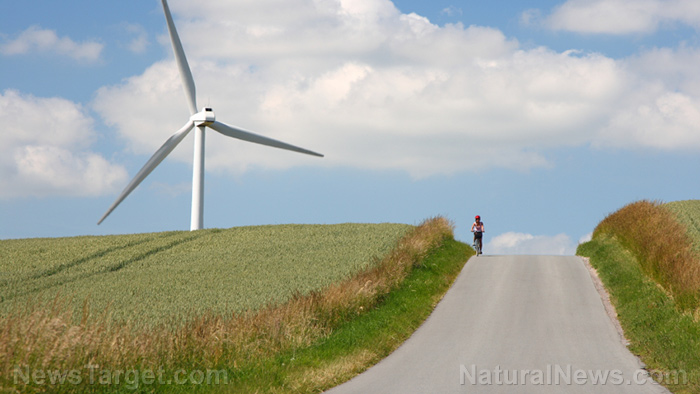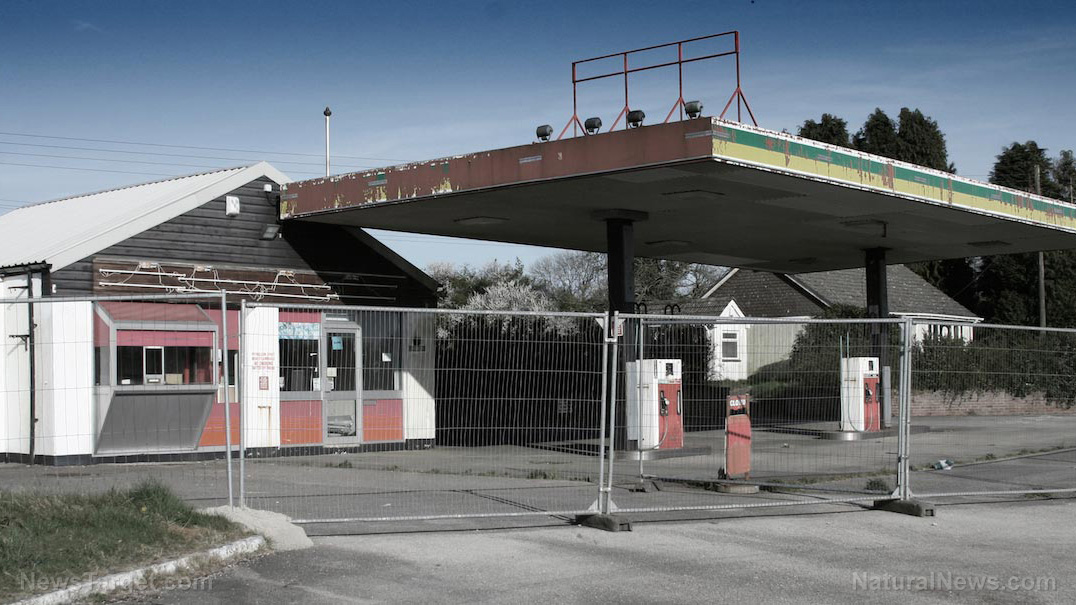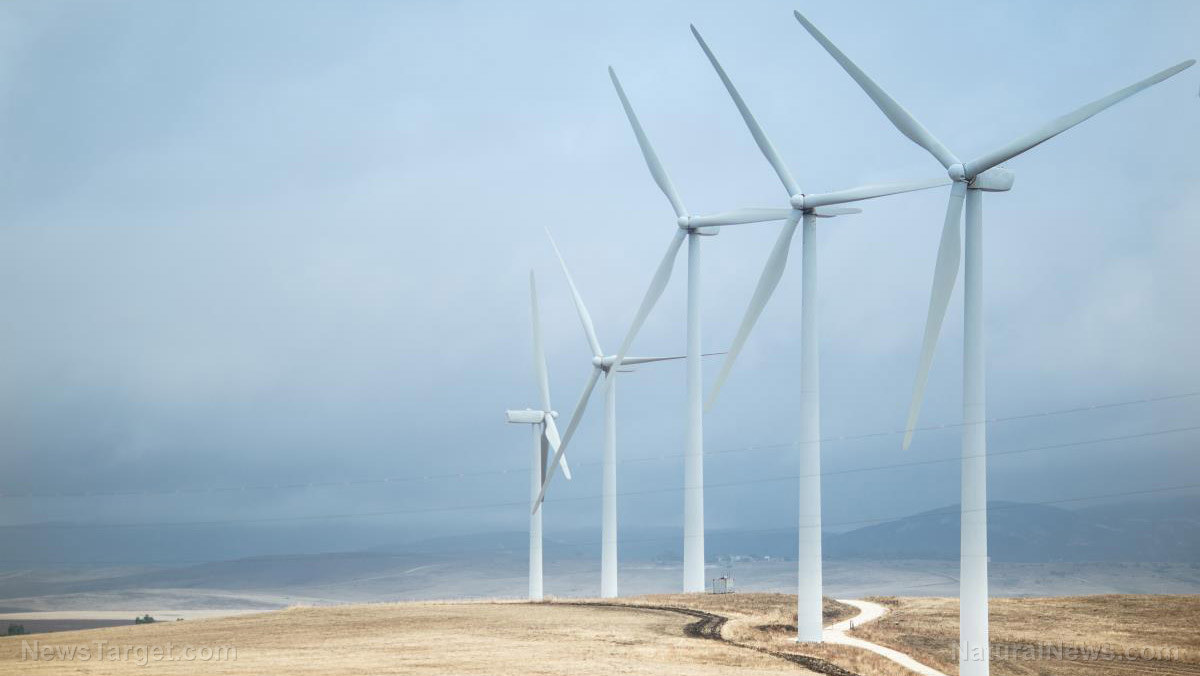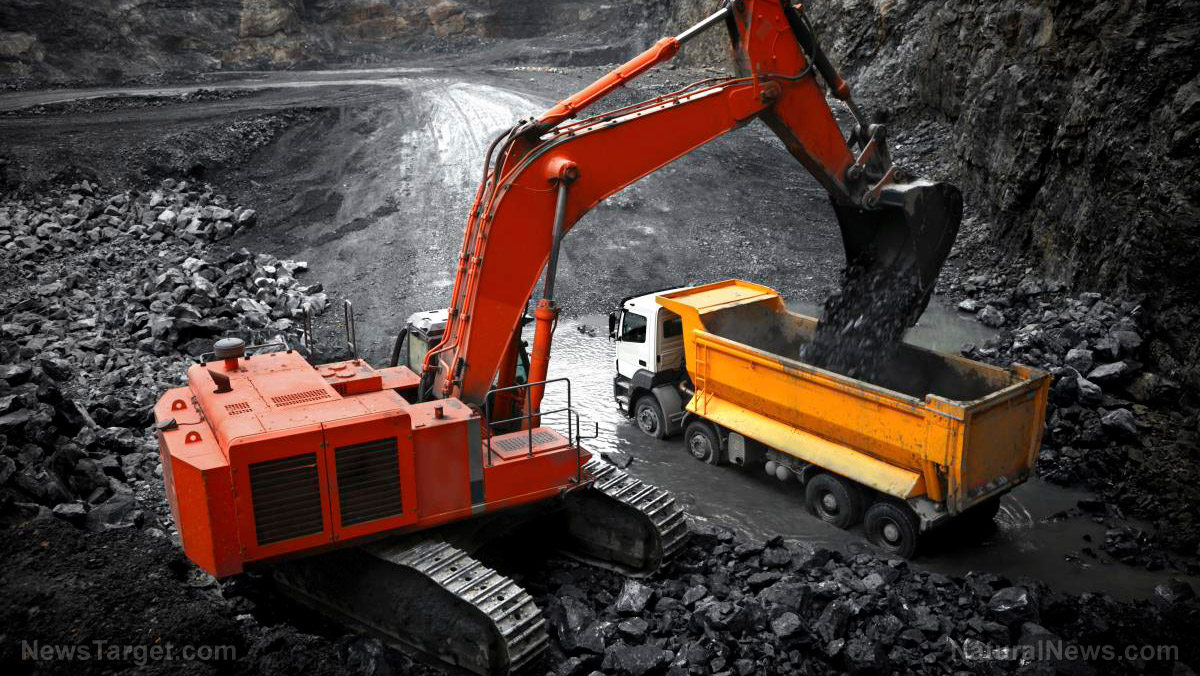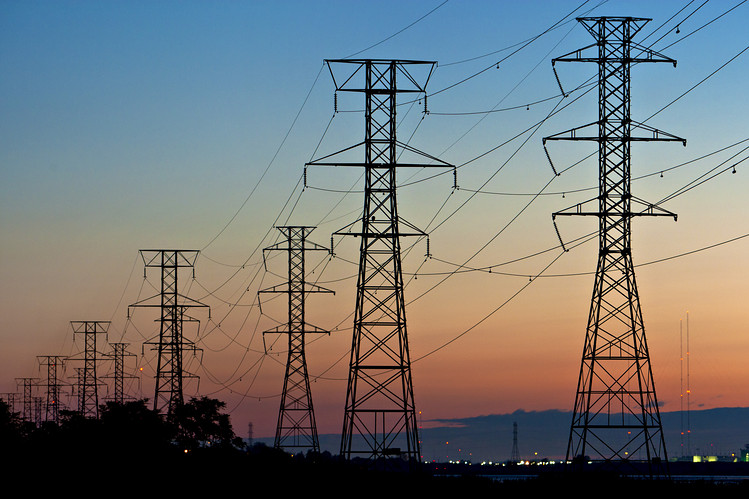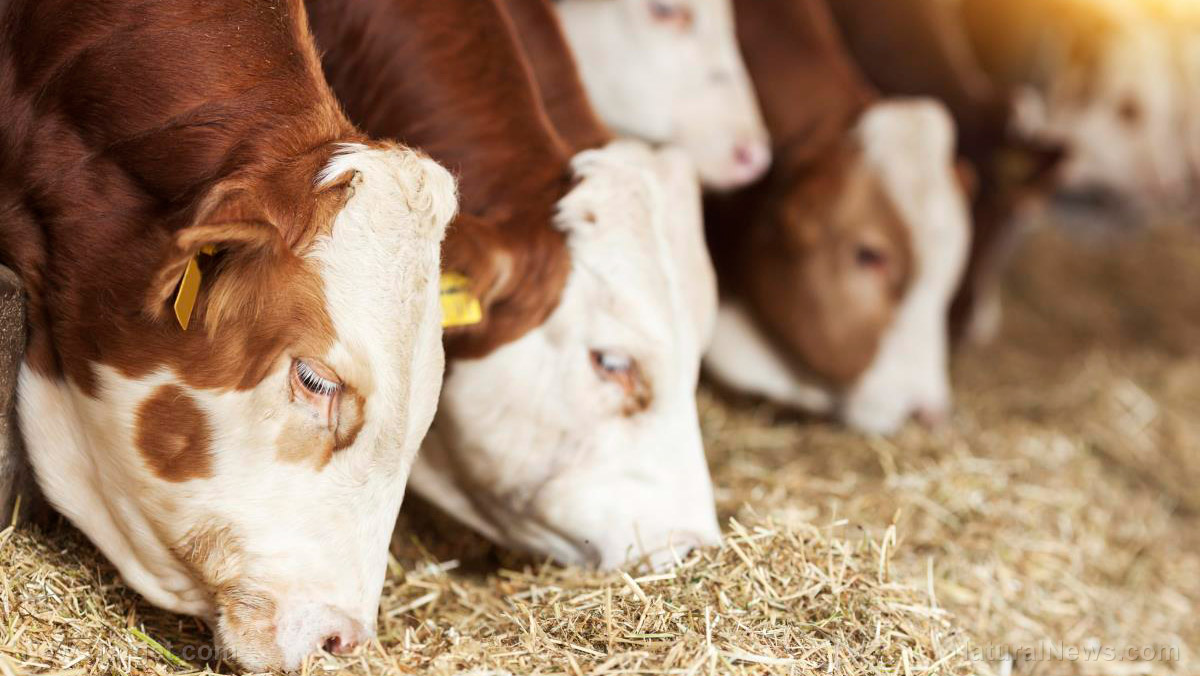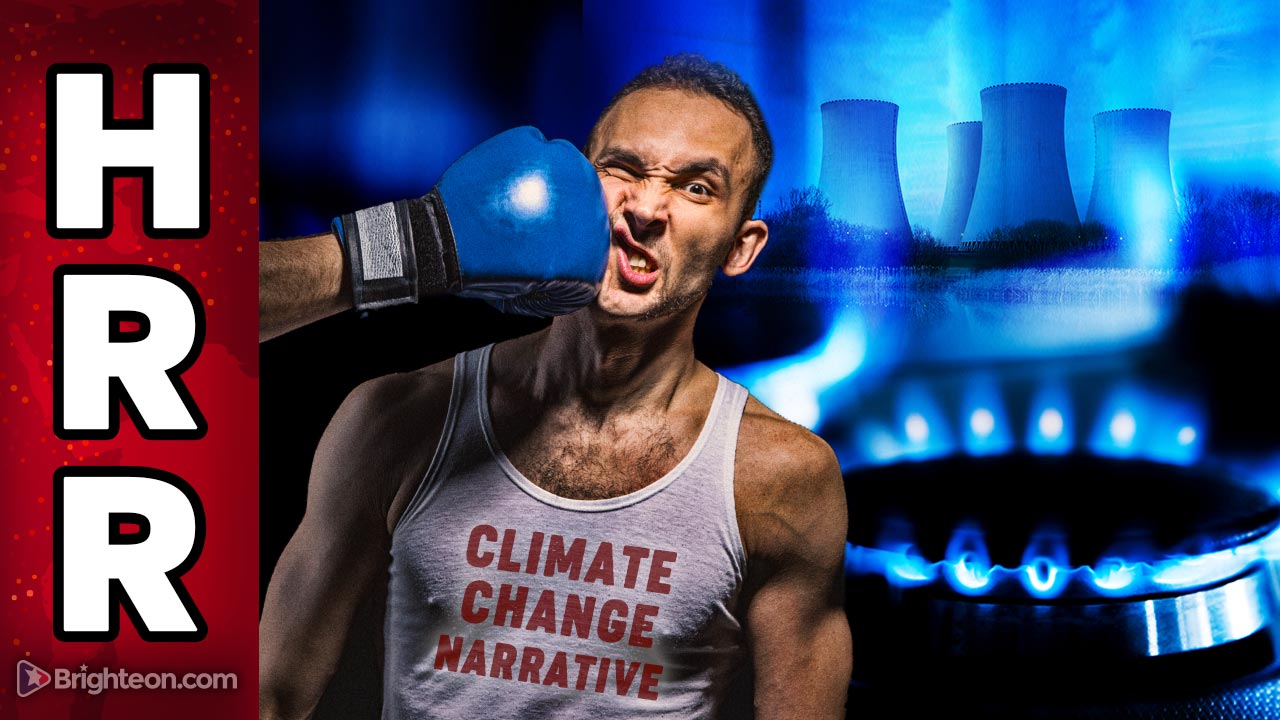‘Social peace’ at risk: Green energy worship in Germany causing country to shut down in slow-motion
07/18/2022 / By JD Heyes
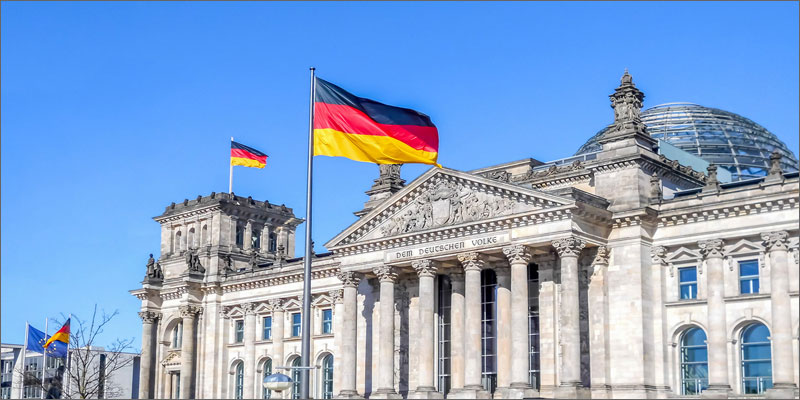
No matter how hard the ‘green energy’ extremists want to turn off all fossil fuel use tomorrow, the fact is that all first-world countries need those fuels in order to power their economies.
Without them, economies collapse because the ‘green’ alternatives — mostly wind and solar power — are nowhere nearly as advanced enough to generate the same kind of power and energy required for modern nations.
But that reality has not stopped first-world countries from the rapid implementation of so-called renewables at the expense of their fossil fuel infrastructure, running headlong into the effort — without giving much thought to the consequences.
Well, those consequences are now coming home to roost and in a big way, especially for the far-left governments in Europe.
Germany is, by far, the continent’s biggest economy but it is slowly shutting down thanks to an over-reliance on renewables that have steadily increased over the past decade and an under-reliance on power generation that required fossil fuels.
According to Zero Hedge, Vonovia, Germany’s largest landlord, took the unprecedented step of restricting heat at night in what many see as a shocking preview of what is coming for the “most advanced” European country this winter.
In fact, it’s going to get much worse.
The Financial Times reports that Germany has resorted to rationing hot water, dimming street lights at night and shuttering swimming pools due to a worsening energy crisis that has begun to spread from industry to offices, recreational centers and homes.

“The reason behind Germany’s slow motion paralysis is well-known: the huge increase in gas prices triggered by Russia’s move last month to sharply reduce supplies to Germany has plunged Europe’s biggest economy into its worst energy crisis since the oil price shock of 1973,” Zero Hedge reported.
Electricity prices have already risen to their highest-ever levels, while gas importers and utility companies have begun fighting just to survive as consumer bills shoot through the roof. Some companies are warning of rising civil unrest and a massive devaluation of the country’s currency.
“The situation is more than dramatic,” said Axel Gedaschko, head of the federation of German housing enterprises GdW. “Germany’s social peace is in great danger.”
But as tensions stemming from Russia’s invasion of Ukraine continue to rise, officials in Germany believe that the situation there is going to get a lot worse. On Monday, Russia began shutting down its main pipeline into Germany, the Nord Stream 1, for 10 days of previously scheduled maintenance. But many Berliners believe that the line will never reopen.
Citing July 22, the day when Russian gas flows are expected to resume, DB’s Jim Reid noted that “while we all spend most of our market time thinking about the Fed and a recession, I suspect what happens to Russian gas in H2 is potentially an even bigger story.
“Of course by July 22nd parts may have been found and the supply might start to normalize. Anyone who tells you they know what is going to happen here is guessing but at minimum, it should be a huge focal point for everyone in markets,” he noted.
The bank also conveniently warns that “if the gas shutoff is not resolved in coming weeks this would lead to a broadening out of energy disruption with material upfront effects on economic growth, and of course much higher inflation.”
This comes as Germany has already begun rationing gas last month as a means of preserving supplies.
“The situation on the gas market is tense and unfortunately we can’t guarantee that it will not get worse,” economy minister Robert Habeck said on Tuesday. “We have to be prepared for the situation to become critical.”
Germany is on the brink of collapse and will fall over the edge if the lunacy regarding ‘renewables’ doesn’t end.
Sources include:
Submit a correction >>
Tagged Under:
chaos, Collapse, economy, electricity, energy report, Europe, fossil fuels, fuel rationing, fuel shortage, fuel supply, Germany, great reset, green energy, green tyranny, inflation, lunatics, Nord Stream 1, power grid, rationing, Russia, social peace, social unrest, unrest, winter
This article may contain statements that reflect the opinion of the author




